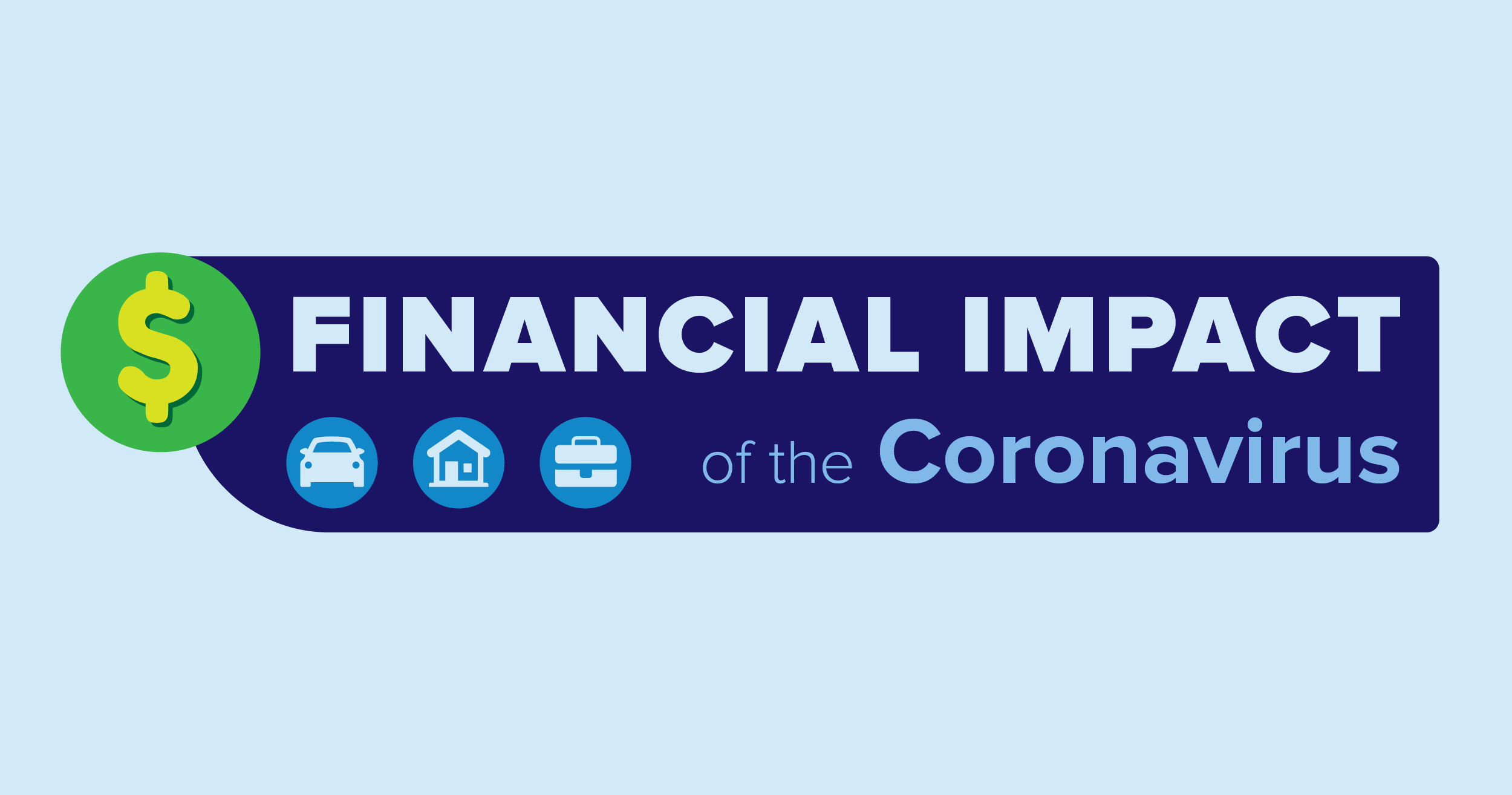
Learn about newly available relief for federally backed mortgages.
A new federal law, the Coronavirus Aid, Relief, and Economic Security (CARES) Act, creates two protections for some borrowers. To be eligible, you must have a federally-backed mortgage and be experiencing financial hardship because of the Coronavirus.
- The first is a temporary suspension – called a moratorium – of foreclosures for 60 days, starting March 18.
- The second is a right to forbearance for 180 days. That means you can ask your servicer to reduce or suspend your mortgage payments for that time. If after six months, you’re still having trouble paying, you can request forbearance for another 180 days.
First, figure out if your mortgage is federally backed. If you don’t know, you can call your mortgage servicer or follow the links below. You can get your servicer’s contact information from your billing statement.
More than half of U.S. mortgages are backed by Fannie Mae or Freddie Mac, and these mortgages count as federally backed.
Fannie Mae
Look up whether your mortgage is owned by Fannie Mae
Freddie Mac
Look up whether your mortgage is owned by Freddie Mac
If your loan is backed by the Department of Housing and Urban Development (FHA mortgages), Department of Agriculture (USDA mortgages), or Department of Veterans Affairs (VA mortgages), you also may be eligible for relief.
2. Contact your servicer no matter what type of mortgage you have. Tell them your situation and ask what options are available to you. Even if your mortgage is not federally backed, you may still qualify for other help.
If you’re considering forbearance, keep in mind that it is not loan forgiveness, and ask your servicer what happens after the forbearance ends. Your servicer should be able to tell you if it will extend the loan term so you can make the missed payments later, if your monthly payments will go up to make up the difference, if you will owe the entire unpaid amount in a lump sum, and how forebearance could affect your credit.
3. Need advice? Contact an approved counselor. Go to the Department of Housing and Urban Development’s (HUD) list of approved housing counseling agencies to find a counselor in your state who can explain your options. Consider contacting the Homeownership Preservation Foundation (HPF) at 888-995-HOPE. HPF is a nonprofit organization that partners with mortgage companies, local governments, and other organizations to help consumers get loan modifications and prevent foreclosures.
4. Check what help is available where you live. Your state may offer additional support. Some states have frozen foreclosures. Find your state government’s website and look around for the latest updates on help for borrowers.
5. Scammers follow the headlines. It’s tempting to hire a company that says they can get a change to your loan that will reduce your monthly mortgage payment or take other steps to save your home. Unfortunately, many companies use half-truths and even outright lies to sell their services or they make promises but don’t deliver. Learn more about avoiding mortgage relief scams.
6. Don’t pay up-front for help. Federal law says that even if you hire someone to help you with your mortgage, you don’t have to pay them until they deliver the results you want. It’s illegal for a company to charge you a penny until you’ve accepted their written offer for a loan modification or other relief from your lender, and you’re free to reject an offer you don’t like. Even if you hire someone, you should always feel free to contact your mortgage servicer directly to see whether they can offer you additional options. Learn more about your rights when it comes to hiring a mortgage relief company.
This article by the FTC was distributed by the Personal Finance Syndication Network.
